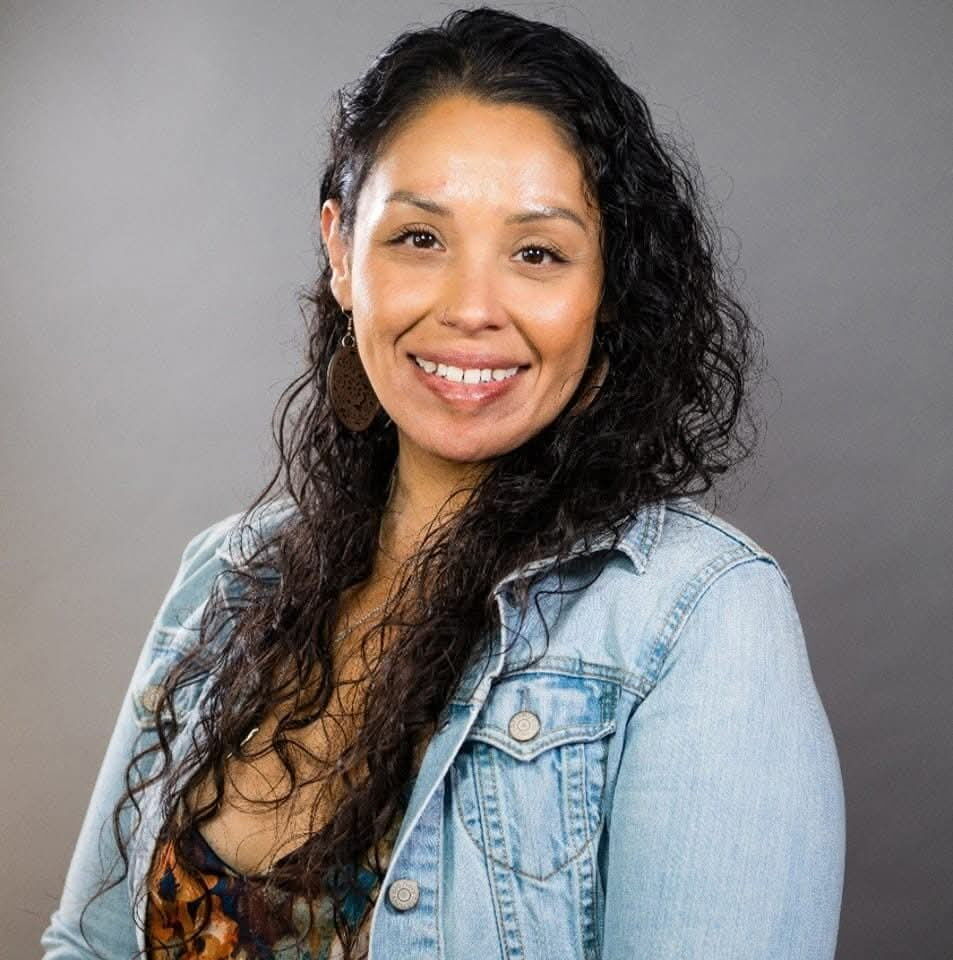Cowart: Defunding Planned Parenthood: Real impacts on real people

The Colorado Springs Planned Parenthood clinic opened its doors to patients Feb. 15 after two months of being closed from the tragic events that occurred on Nov. 27. The opening is a part of the healing process, and it allows our patients to get health care close to home, rather than drive to other clinics in the Denver metro area.
The rebuilding process has been difficult at times and often emotional, but we were always aware of our patients’ needs and buoyed by the widespread support from across the community, the state and the country.
We are fortunate in Colorado to enjoy a public and legal environment that recognizes a women’s right to make reproductive health care choices based on her own individual situation and allows medical professionals to provide care based on their patients’ needs. Other states are not as fortunate.
In 2013, Texas blocked Planned Parenthood patients from accessing care through the Women’s Health Program. A recent study published in the New England Journal of Medicine found that that action led to a 35 percent decline in women using the most effective methods of birth control and a 27 percent increase in births among women who had previously used injectable contraception, which they were unable to access after the defunding. These are real consequences for women who didn’t have other options.
In a companion study, Texas women reported difficulty making an appointment and paying for care. The consequences were most devastating to low-income women and women living in rural areas.
The researchers concluded: “These results should be cautionary to states considering similar measures; they contradict the claim that Planned Parenthood could be removed from a statewide program with little or no consequence.”
In Ohio, lawmakers passed a bill to defund Planned Parenthood, claiming those patients could go to food banks for sexually transmitted diseases and HIV tests.
In Utah, the state Department of Health told Gov. Herbert that blocking care at Planned Parenthood would be a “bad idea” and put people’s health at risk — specifically 4,400 men and women who are tested for sexually transmitted diseases and 3,725 people with chlamydia or gonorrhea would go untreated.
In Louisiana, there have been ridiculous claims that somehow dentists, orthopedists and audiologists can care for the more than 5,200 patients served by Planned Parenthood through Medicaid.
When Texas passed laws that closed down 18 clinics in their state, the need for services did not mysteriously vanish. Planned Parenthood of the Rocky Mountains saw a spike in patients that drove great distances from another state for health care.
The New England Journal of Medicine study shows that women and their families suffer from these bad decisions. Claims that patients will just find another local health care provider have not proven true, just like the false accusations of wrongdoing against Planned Parenthood.
Women and men come to Planned Parenthood because they know they will receive the non-judgmental, quality health care they need. And that’s why we worked hard to open the Colorado Springs clinic as quickly as we could. Our doors will never close.













